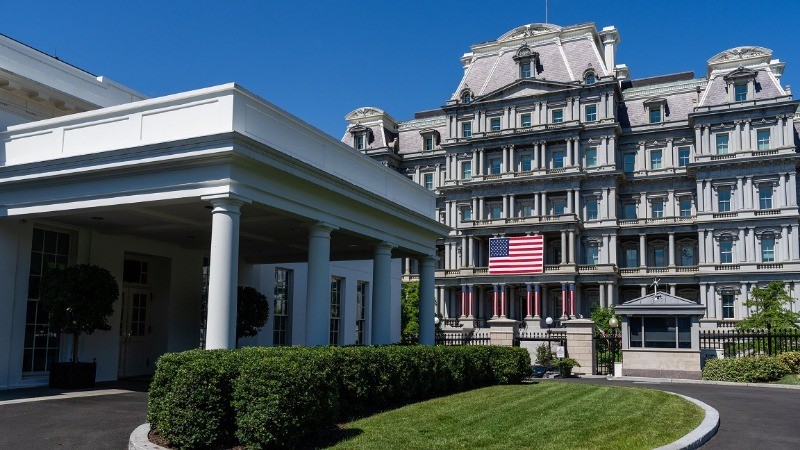
WASHINGTON: In a major shake-up, the White House has sidelined around 160 national security staffers. This move is part of the President Trump administration's efforts to align the team with Trump's agenda. The affected staff members, known as detailees, are career government employees who were brought in to provide expertise on various topics, including counterterrorism and global climate policy.
These detailees were informed of the decision through an all-staff call, where they were told they would no longer need to report to the White House but would be expected to be available to the council's senior directors. The National Security Council provides critical advice to the president on national security and foreign policy matters.
The move has raised concerns that the new administration is prioritizing loyalty over expertise. By sidelining these nonpartisan experts, the administration may be creating an environment where new policy experts are less likely to speak up about policy differences and concerns.
The decision is part of a broader effort to restructure the National Security Council. Mike Waltz, the national security adviser, had signaled his intention to return holdover civil servants from the previous administration to their home agencies. The goal is to create a "more efficient, flatter" NSC, staffed by those who support Trump's goals.
The affected staff members are largely subject matter experts from the State Department, FBI, and CIA, who were on temporary duty. The administration has already begun bringing in new detailees from agencies with expertise that aligns with Trump's values.
The National Treasury Employees Union has already taken action, filing a lawsuit to challenge the plan. A recent meeting with the National Security Council staff highlights the shifting dynamics. The council typically recruits talent from federal agencies, and for those selected, working at the White House is a coveted opportunity to delve into the heart of foreign policy management. Traditionally, they learn to serve presidents from both parties, but it is unclear if this tradition will continue.
Some have expressed concerns that Trump's actions could lead to a politicized civil service, where loyalty to the president takes precedence over merit and expertise. This has sparked fears about the potential erosion of the civil service's independence and effectiveness.